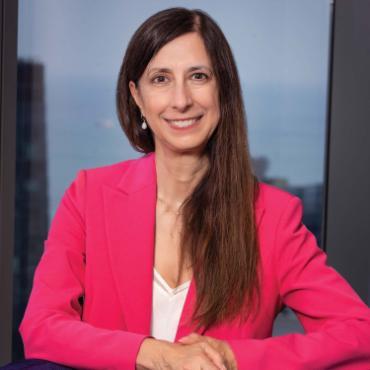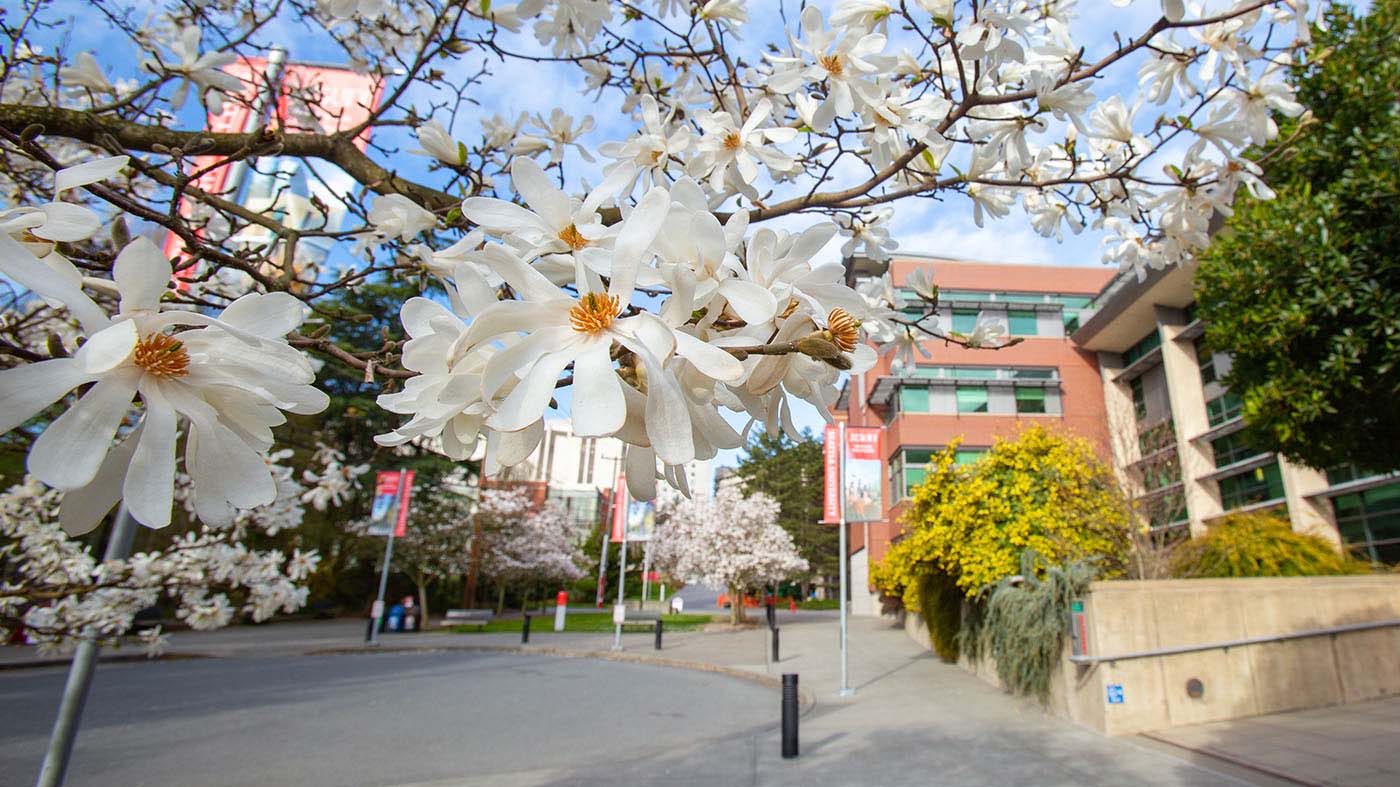American Bar Association President Mary Smith, a pathbreaking national leader in law and in science, technology, engineering, and mathematics (STEM) education and accessibility, will deliver the keynote address at Seattle University School of Law’s Spring Commencement on Saturday, May 18. She will also sit for an interview on the eve of commencement, Friday, May 17, as part of the law school’s Dean’s Luminaries in Law Lecture and Conversation Series, which will be open to the public.

Smith is the first Native American woman to serve as president of the ABA, the world’s largest voluntary association of lawyers, judges, and other legal professionals. She is also the founder of a nonprofit that provides STEM educational opportunities and career training for Native American women and girls.
“Mary is a courageous trailblazer who speaks truth to power. She symbolizes and embodies so much of what makes our student body and alumni so distinctive. She is truly a leader in service of justice,” said Dean Anthony E. Varona.
“The ABA represents the nation’s legal profession, and much like the historical arc of this country, the ABA has been fraught with discrimination,” Smith said. “I hope that my position as the first Native American woman serves as an inspiration to young people that they should follow their dreams, that barriers are being broken down, and that everything is possible for people who follow their passion.”
Smith is a 1991 graduate of the University of Chicago School of Law and a former clerk for Judge R. Lanier Anderson III in the Eleventh Circuit Court of Appeals, which comprises Alabama, Georgia, and Florida.
The early years of Smith’s legal career took her to the White House, where she spent three years as associate director of President Bill Clinton’s Domestic Policy Council and one year as associate counsel to the president. She has also worked as a counselor and trial attorney at the U.S. Department of Justice.
Smith is the former CEO and a current board member of the Indian Health Service, which operates health care facilities for Native American tribes across the U.S. She was inspired to serve in tribal health care because her own grandmother grew up in a family of 16 children, with only nine of her siblings surviving past age 3.
Smith also sits on the board of global pharmaceutical company PTC Therapeutics, Inc., which develops medicines for patients with rare disorders, and the HAI Group, a member-owned insurance organization that promotes affordable housing. Smith is vice chair of the Veng Group, which offers business and organizations policy, advocacy, communications, fundraising, and technology services.
“I bring a lot of different experiences, and I try to use that background to engage people from the full diversity of legal profession, because there are many parts to the legal profession,” Smith said.
In addition to law, Smith has a passion for science and technology — her undergraduate degree is in math and computer science — and she previously worked as a systems programmer. To help other Native women discover similar interests and achieve their goals, she founded the Caroline and Ora Smith Foundation, named for her mother, Caroline, and her grandmother, Ora. It is the only foundation in the country focused solely on training and supporting Native American girls in STEM fields.
“I wanted to continue to serve and uplift the Native American community and honor both my mother and grandmother, but also to empower the next generation of Native American women and girls to study STEM,” Smith said.
Although Commencement is still months away, Smith is already working on her speech.
“The overarching theme is to try to provide some advice to the graduates and talk about some of my experiences that may be applicable to them, including being the first in various leadership roles, the challenges, the opportunities, the surprises, and a little bit about the changing landscape of the legal profession, and how they will have the opportunity to transform the profession,” she said. “We’re at an inflection point in the legal profession.”
Those changes, she pointed out, include the increasing use of technology and artificial intelligence — along with both the opportunities and the dangers AI brings — as well as the prominence of diversity and inclusion issues in the legal profession, the proliferation of remote work, and the increasing acknowledgement of the importance of wellness for attorneys.
“I’m looking forward to meeting the outstanding faculty and staff at Seattle U Law, but of course the students, particularly the graduates,” Smith said. “I am always energized when I meet students because they are so passionate. They have their entire career ahead of them. I look forward to hearing about what they are planning to do with their careers and helping them in any way that I can.”
Previously in the ABA, Smith served as secretary, becoming the first Native American ABA officer. She was also an ABA representative to the United Nations Economic and Social Council. Smith held leadership positions in the ABA Section of Litigation and the ABA Section of Civil Rights and Social Justice, and was one of 13 commissioners on the Commission on Women in the Profession.
She has served as president of the National Native American Bar Association and was co-chair of the District of Columbia Bar Association’s Litigation Section. She is also a member of the Economic Club of Chicago, the Council on Foreign Relations, the International Women’s Forum, and the National Association of Corporate Directors.

